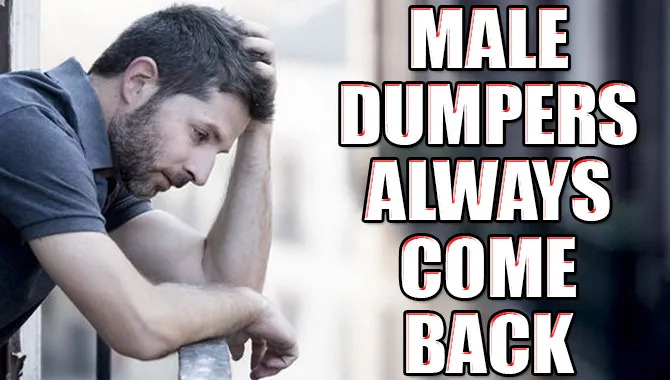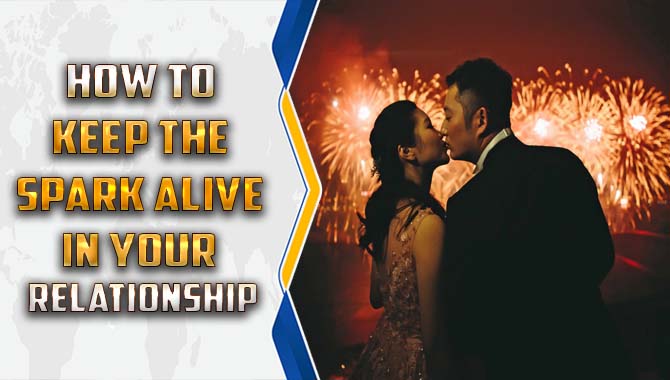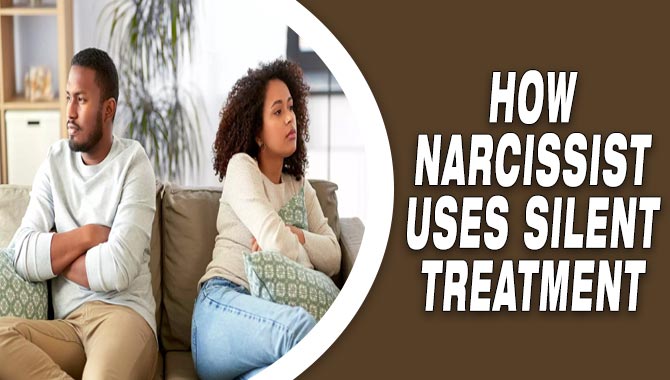How To End A Toxic Friendship Gracefully During Tough Times

Ending a Toxic Friendship Gracefully
Ending a toxic friendship can feel tough, especially during difficult times. You might wonder how to do it without hurting someone’s feelings. Start by reflecting on your reasons and express your feelings honestly. Setting boundaries is key. You could share a story about personal growth. Remember, it’s okay to prioritize your well-being. Ending things kindly can lead to healing for both people involved. A surprising fact: letting go can open doors to better friendships!
Recognizing the Signs of a Toxic Friendship
Identifying patterns of negativity and manipulation. Understanding emotional and mental impacts.
Friendships should lift us up, not pull us down. It’s essential to watch for signs that a friendship might be toxic. Here are some key signs to recognize:
- Constant negativity: Does your friend often complain or criticize you?
- Manipulation: Do they try to control your choices or feelings?
- Emotional drain: Do you feel exhausted after talking to them?
- Lack of support: Are they unsupportive during tough times?
These patterns can harm your mental and emotional health. If it feels wrong, trust your feelings. You deserve friendships that help you grow.
How do you know if a friendship is toxic?
Look for consistent patterns of negativity, control, and lack of support. These can guide your decision to step away gracefully.
Assessing Your Feelings and Needs
Reflecting on the reasons behind your friendship discontent. Evaluating your emotional wellbeing and boundaries.
Sometimes, friendships can feel a bit like a pair of shoes that don’t fit anymore. It’s vital to think about why you feel unhappy. Reflect on the moments that made your friendship feel more like a thorn than a rose. Are those moments too many to count?
Next, check in with your emotional health. Are you feeling drained or upset? Setting boundaries is like a superhero shield for your feelings. Ask yourself the tough questions: What do I need to feel happy in my friendships? And remember, it’s perfectly okay to say “no” to things that make you feel “eww!”
| Feelings | Needs |
|---|---|
| Drained | More positivity |
| Upset | Respect |
| Ignored | Attention |
By assessing your feelings and needs, you can navigate this tricky road. Plus, who wouldn’t want to swap a toxic ride for a pleasant stroll with true pals? Onward and upward!
Preparing for the Conversation
Choosing the right time and setting for a candid discussion. Practicing what you want to say to stay composed.
Choosing the right time and place for your chat is important. Think of a calm moment when both of you are relaxed. A quiet spot can help with honest words. Try to practice what you want to say beforehand. This way, you can stay calm and clear. Here are some tips:
- Select a peaceful day.
Remember, being prepared makes the conversation easier.
What should I say during the conversation?
Share your feelings honestly but kindly. Focus on “I” statements like, “I feel sad.” This helps the other person understand your perspective.
Communicating Your Decision Clearly
Using “I” statements to express your feelings and decisions. Maintaining a calm and respectful tone during the conversation.
Sharing your feelings can be tough but is important for ending a friendship. Use “I” statements to express how you feel. This keeps the focus on your emotions. For example, say, “I feel sad when…” instead of blaming. Talk calmly and respectfully. This will help both of you understand better. Remember, it’s about being honest while staying kind.
How do I express my feelings without hurting someone?
You can express your feelings gently. Focus on your own experiences. Use “I” statements to share your thoughts. For example, “I feel upset” instead of “You make me upset.” This method helps keep the conversation open and honest.
Setting Boundaries Post-Conversation
Defining personal boundaries to avoid future conflicts. Limiting or eliminating contact as needed for emotional recovery.
After your conversation, it’s important to set clear personal boundaries. This keeps you safe from future conflicts. Here’s how:
- Decide what behaviors are unacceptable.
- Limit contact to focus on your feelings.
- Consider taking a break from interactions if needed.
By doing this, you can heal and feel stronger. Remember, protecting your well-being is key!
How do I know if I need to limit contact?
If your friendship causes stress or sadness, it’s a sign to limit contact. Look for changes in how you feel. Listen to your emotions to guide your choice.
Managing Your Emotions During the Process
Coping strategies for dealing with guilt or sadness. Seeking support from other friends or professionals.
Breaking up a friendship can feel like getting rid of a gum stuck to your shoe—sticky and messy! First, feel your feelings, whether it’s guilt or sadness. Talking it out with other friends or even a therapist can lighten the load. They often have wise advice and will listen without judgment. Remember, it’s okay to let go. You don’t need to stay in a toxic friendship. Think of it like cleaning your room; sometimes, you need to throw out what doesn’t fit anymore!
| Coping Strategies | Description |
|---|---|
| Talk it Out | Share your feelings with trusted friends. |
| Journaling | Write down your thoughts to understand them better. |
| Seek Professional Help | A therapist can provide support and tools. |
Using the Experience for Personal Growth
Reflecting on lessons learned from the friendship. Developing future relationship strategies and criteria.
Learning from a tough friendship can be like finding treasure in a junkyard. You’ll discover what *not* to do next time! Reflect on the good and bad moments; both can teach us valuable lessons. For example, you might realize that trust is key. Then, set up smart rules for future friends. Ask yourself questions like, “Will this friend lift me up or drain my energy?” Always remember: friendships should add joy, not require a rescue plan.
| Lessons Learned | Future Criteria |
|---|---|
| Trust is essential | Supportive behavior |
| Respect differences | Shared values |
| Clear communication | Positive influence |
Conclusion
Ending a toxic friendship gracefully can be tough, but it’s essential for your well-being. Be honest about your feelings and communicate clearly. Set boundaries to protect yourself. Remember, you deserve supportive relationships. If you’re unsure how to start, consider writing down your thoughts first. For more tips, explore articles on healthy friendships and self-care strategies. Take action today!
FAQs
What Are Some Signs That Indicate It’S Time To End A Toxic Friendship, Especially During Challenging Times?
If your friend makes you feel bad or sad more often than happy, it might be a sign. You should listen if they don’t support you when you need help. Also, if you feel scared or worried around them, that’s not good. Friends should make you feel good about yourself, especially during tough times. If you notice these things, it might be time to find new friends.
How Can I Communicate My Feelings To A Friend Without Causing Unnecessary Hurt Or Conflict?
To share your feelings with a friend, start by choosing a good time to talk. Use “I” statements, like “I feel sad when…” This helps them understand your feelings without blaming them. Listen to their side too, and be kind. Together, you can find a solution and stay friends.
What Strategies Can I Use To Distance Myself From A Toxic Friendship While Still Maintaining My Own Mental Well-Being?
You can start by spending less time with the person. Try to be busy with other friends or activities you enjoy. When you talk, keep it friendly but not too personal. You can also share your feelings with someone you trust, like a parent or teacher. Remember, it’s okay to put yourself first and protect your feelings.
How Do I Cope With Feelings Of Guilt Or Sadness After Ending A Toxic Friendship?
It’s normal to feel sad or guilty after ending a toxic friendship. First, remind yourself that it’s okay to put your feelings first. Talk to someone you trust about how you feel. Doing fun activities can help lift your spirits. Remember, you deserve to have friends who make you happy!
Are There Positive Ways To Learn From The Experience Of A Toxic Friendship To Help Build Healthier Relationships In The Future?
Yes, we can learn a lot from a toxic friendship. Think about what made that friendship unhealthy. You can notice things like disrespect or sharing secrets. This helps us understand what we want in friends. We can look for people who are kind and supportive next time. Remember, healthy friends make us feel good!








